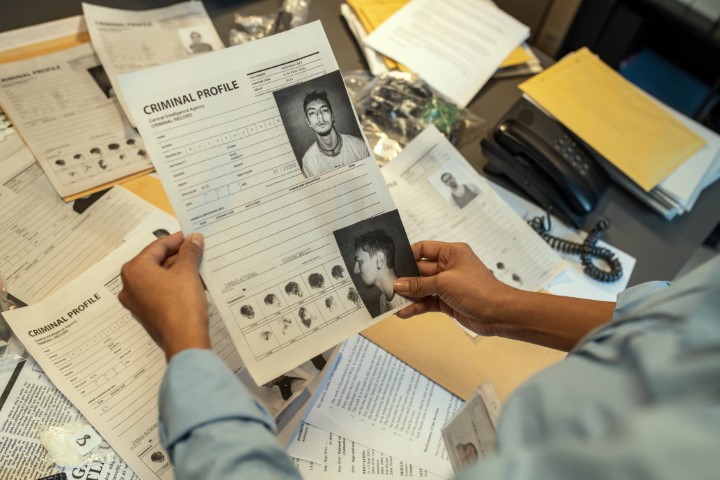When a minor is arrested or charged with a crime, many parents assume the situation will resolve itself over time. After all, kids make mistakes—shouldn’t the system allow for second chances? Unfortunately, the truth is that a juvenile criminal record can follow a young person far longer than most families expect. While juvenile courts focus more on rehabilitation than punishment, the outcomes can still have lasting effects on a child’s education, employment, and future opportunities. At Darrin E. Johnson Law, we understand how overwhelming it is to watch your child navigate the legal system—and we’re here to help you protect what matters most: their future.
How Juvenile Records Differ from Adult Records
Juvenile offenses are handled in a separate court system, which means the procedures, language, and even the terminology are different. Minors are not “convicted”—they are “adjudicated.” However, that does not mean these records are automatically sealed or erased. In Florida, many juvenile records are still accessible to certain government agencies, schools, and in some cases, future employers or licensing boards. The belief that all juvenile records are confidential or disappear at 18 is simply not accurate in many cases.
Long-Term Consequences of a Juvenile Record
A juvenile criminal record can create obstacles long after court proceedings have ended. Colleges may require disclosure of certain offenses on applications, particularly if the charge was a felony or involved violence, drugs, or theft. Financial aid eligibility may also be affected. Employment can become difficult if background checks reveal prior adjudications, especially for positions involving security, finance, or government work. Housing applications and military enlistment may be impacted as well. Even if a juvenile avoids incarceration, the ripple effects of that record can be significant without legal intervention.
Common Juvenile Charges That Carry Weight
While every case is different, some juvenile offenses carry more severe long-term risks. These may include theft, assault, drug possession, vandalism, or weapon-related charges. Even seemingly minor charges can become major issues depending on how they are adjudicated and whether they are linked to repeat offenses. Some cases may be transferred to adult court, especially when violence or serious felonies are involved, which dramatically raises the stakes.


Sealing or Expunging a Juvenile Record
The good news is that many juvenile records in Florida may be eligible for sealing or expungement, which limits who can access them or removes them entirely from public record. However, the process is not automatic. It involves meeting eligibility criteria, submitting documentation, and often navigating legal steps that can be confusing for families. An experienced juvenile defense attorney can evaluate your child’s record, determine what relief options exist, and guide you through the expungement process to give your child a clean slate whenever possible.
The Role of a Defense Attorney in Juvenile Cases
Early intervention is key when dealing with juvenile cases. From the moment your child is charged, having a knowledgeable attorney can make a difference in how the case is handled, what charges are filed, and whether alternative sentencing options are available. A strong defense can reduce the chances of adjudication, minimize penalties, and increase the likelihood of future expungement. Your child deserves a legal advocate who will treat their case with the urgency and care it deserves—because their future depends on it.
Conclusion: Help Your Child Start Fresh
A juvenile criminal record doesn’t have to define your child’s future. With the right legal guidance, there are paths to minimize the damage, seek rehabilitation-based outcomes, and even clear their record when the time is right. At Darrin E. Johnson Law, we provide personalized, compassionate defense for juvenile cases, criminal charges, and DUI offenses, helping families across Florida protect their children from long-term consequences. Your child deserves a second chance—and we’re here to fight for it.
Disclaimer: This blog is for informational purposes only and does not constitute legal advice. Every case is unique. You should consult directly with a licensed attorney to understand your options and receive guidance specific to your situation.
